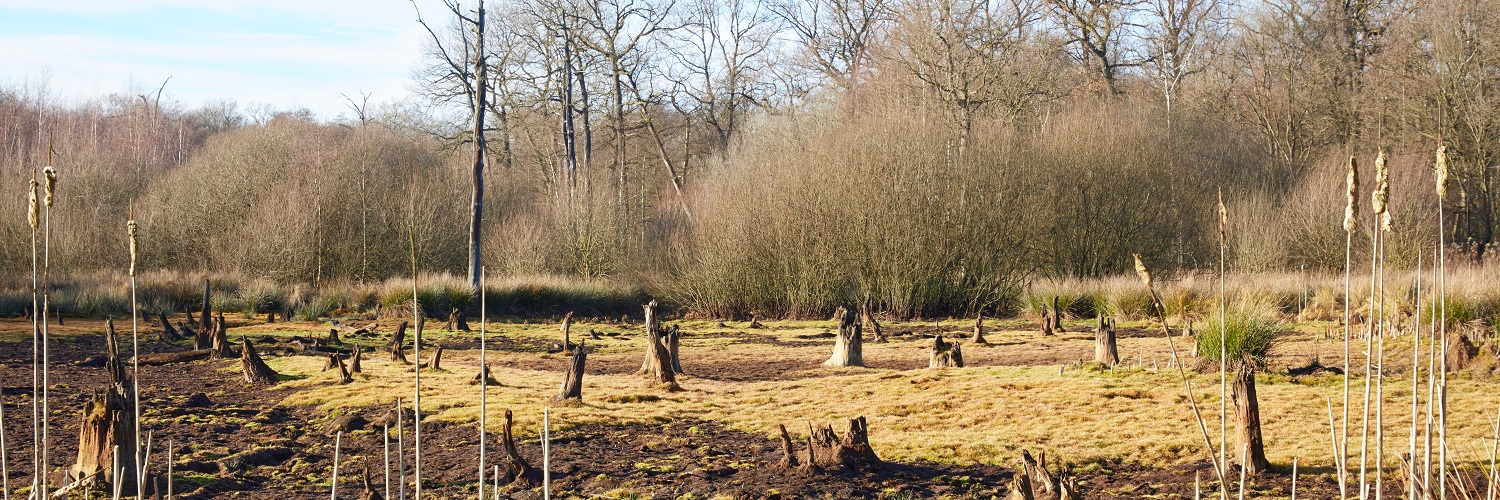Analysis led by the Green Finance Institute, in partnership with Defra, the Bank of England, and the Environmental Change Institute will quantify UK financial and economic risks from exposure to biodiversity loss.
The scale of nature-related financial risks to the UK economy is being estimated for the first time with support from the Environmental Change Institute at the University of Oxford.
New analysis has been developed in partnership with the Green Finance Institute, supported by Defra and the Bank of England, and alongside the UN Environment Programme World Conservation Monitoring Centre and the University of Reading.
In a report to be published later this year, this first-of-its-kind analysis will reveal the materiality of nature-related financial risks and the potential financial impact of biodiversity loss and ecosystem degradation on UK business and financial institutions. This builds on work carried out by the Banque de France and De Nederlandsche Bank to understand and quantify their portfolio exposure to nature degradation.
Dr Nicola Ranger, Resilience and International Development Programme Leader at the Environmental Change Institute said: "The risks of climate change and biodiversity loss to our economy are vastly undervalued in global financial markets today. As a result, finance is flowing in the wrong direction - toward activities that, for example, drive deforestation and pollution - putting nature, people and livelihoods at risk. Through this research, and by valuing these risks properly within the financial decisions of banks, pensions funds and insurers, we can not only avoid these irreversible impacts but also begin to mobilise the billions of pounds of financial flows needed to protect and restore biodiversity and our natural environment in the UK and globally."
The UK economic system depends on the natural world with three-quarters of UK FTSE All-Share firms 'highly dependent' on natural capital and resources, including water and soil. Examples of highly dependent sectors include agriculture, forestry, utilities, and mining, which risk facing economic disruption as nature is continuously depleted. The UK's stock of natural capital assets (upon which benefits are based) were estimated in 2019 to be worth £1.2 trillion.
Understanding the potential financial impact of nature-related risks is fundamental to preventing the further destruction of nature, and creating a resilient economy. These new insights will add to the growing recognition that a reallocation of capital to nature-positive investment is needed in order to support a thriving, sustainable environment, and in turn a sustainable economy.
The analysis will build on the UK Government's support for the Taskforce on Nature-related Financial Disclosures (TNFD). The TNFD is developing a nature-related risk management and disclosure framework, launching in September, which will enable organisations around the world to report and act on evolving nature-related risks in a credible, clear and consistent way. The Green Finance Institute played a pivotal role in setting up the TNFD and now hosts the global secretariat and convenes the UK National Consultation Group.
Source and copyright: The Environmental Change Institute
